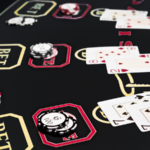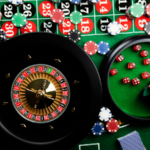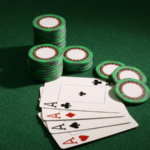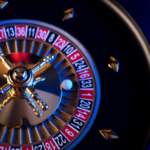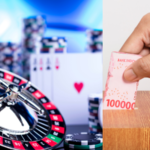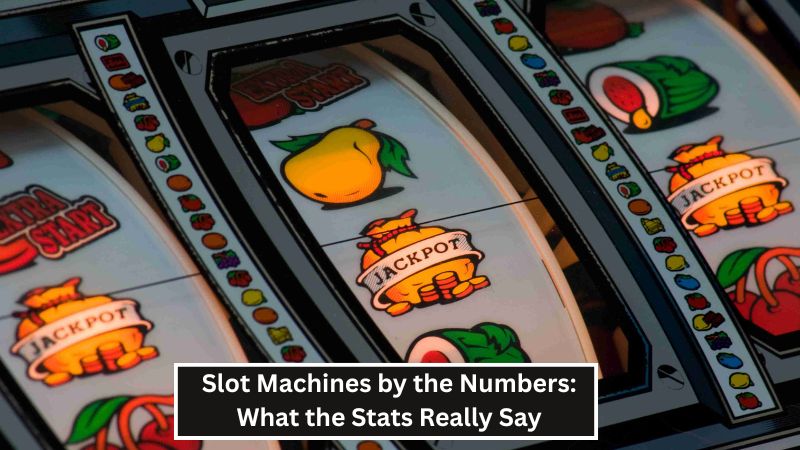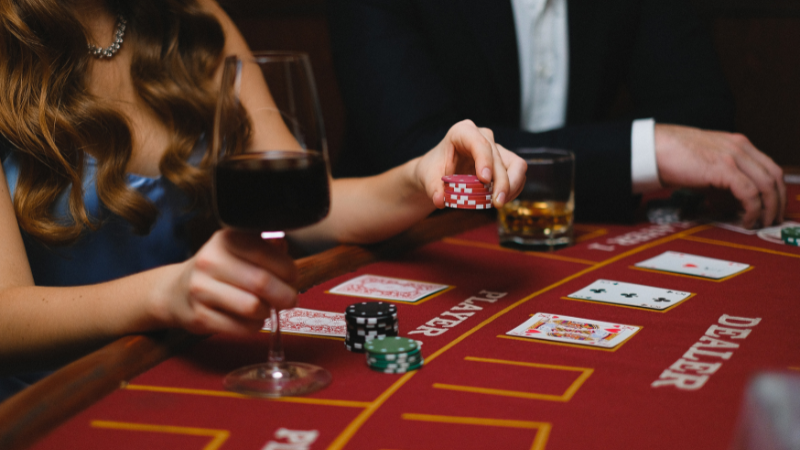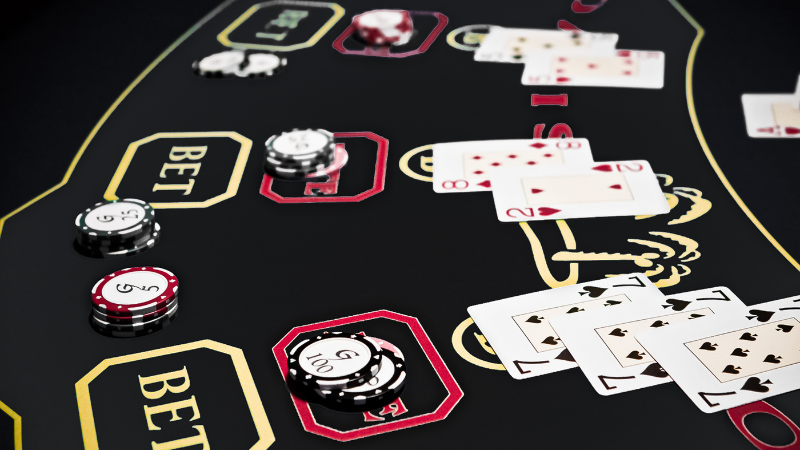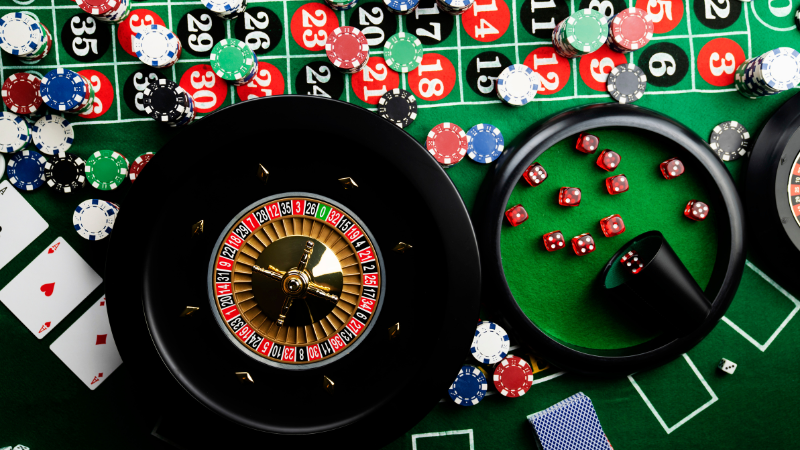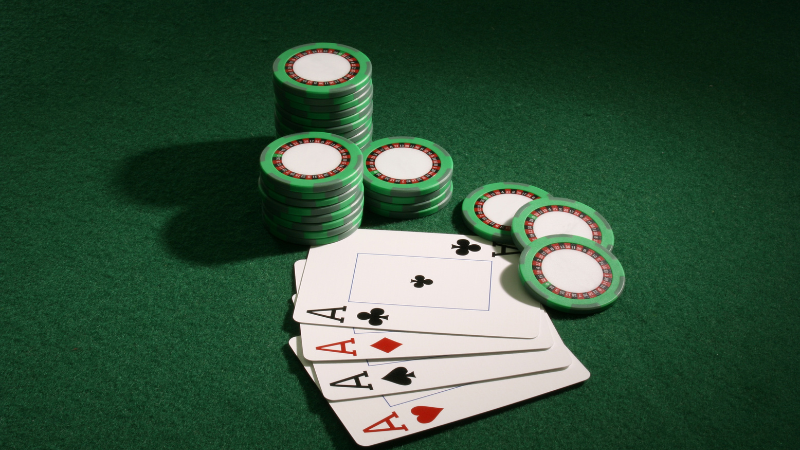Slot machines have long been a cornerstone of casinos, both land-based and online. With their flashing lights, enticing sounds, and promises of massive payouts, these machines draw millions of players every year. But behind the colorful displays lies a world of intricate mathematics and statistics that determine how much you win—or lose. In this blog, we’ll peel back the curtain and explore what the numbers really say about slot machines.
A Brief History of Slot Machines
Before diving into the statistics, it’s important to understand the evolution of slot machines. The first mechanical slot machine, known as the Liberty Bell, was invented in 1895 by Charles Fey. It had three reels and five symbols: horseshoes, diamonds, spades, hearts, and the Liberty Bell. A jackpot was paid when three bells aligned.
Fast forward to the 1960s, the electromechanical slot machine was born, and in the 1990s, video slots entered the scene. Today, the market is dominated by online slots, offering sophisticated graphics, themes, and gameplay mechanics.
Slot Machine Popularity in Numbers
- According to the American Gaming Association, slot machines account for nearly 70% of casino revenue in the U.S.
- There are over 900,000 slot machines in operation in the United States alone.
- The average casino floor devotes over 80% of its space to slots.
These numbers highlight just how vital slot machines are to the gambling industry.
Understanding Return to Player (RTP)
One of the most important statistics you’ll encounter is Return to Player (RTP). This percentage indicates how much a slot machine will return to players over time.
How RTP Works:
If a slot machine has an RTP of 96%, it means that, on average, it will return $96 for every $100 wagered. The other $4 represents the house edge, which is the casino’s profit.
Typical RTPs:
- Land-based slots: 85% to 90%
- Online slots: 94% to 98%
Why the difference? Online casinos have fewer overhead costs, allowing them to offer better payouts.
The Role of Volatility (Variance)
Not all slots are created equal, even if they have similar RTPs. Volatility or variance refers to how frequently and how much a slot pays out.
Types of Volatility:
- Low Volatility: Frequent but smaller wins (good for casual players).
- Medium Volatility: A balanced mix of payouts.
- High Volatility: Infrequent but larger payouts (more risk, more reward).
Understanding volatility can help players choose a game that aligns with their playing style and risk tolerance.
Hit Frequency: How Often You Win
Hit frequency is the statistical likelihood of landing a winning combination on any given spin. For example, if a slot has a hit frequency of 20%, it means you’ll win about once every five spins.
However, not all wins are created equal. Many “wins” simply return a portion of your original wager. This is a common tactic used to keep players spinning longer by triggering dopamine hits.
RNG: The Brains Behind Every Spin
Slot outcomes are determined by a Random Number Generator (RNG)—an algorithm that continuously generates number combinations, even when the machine isn’t being played.
When you press “spin,” the RNG selects a number combination that corresponds to a specific outcome on the reels.
Important Note:
RNGs ensure that each spin is independent and unbiased, meaning the result of your previous spin has no influence on your next one.
Myth-Busting: Slot Machine Misconceptions
There are plenty of myths surrounding slot machines. Let’s break some down using actual data and logic.
Myth 1: “This machine is due for a win.”
Truth: Because of RNGs, a machine is never due for a win. Every spin is random.
Myth 2: “Playing at certain times increases your chances.”
Truth: Time of day or week has no impact. The machine operates the same 24/7.
Myth 3: “Casinos loosen machines during peak hours.”
Truth: Adjusting a machine’s payout percentage requires regulatory approval and is not done on the fly.
Slot Machine Payout Statistics
Let’s dive into some real-world payout statistics from U.S. gaming commissions:
| Casino Location | Average RTP (%) |
|---|---|
| Las Vegas (Strip) | 92.5% |
| Atlantic City | 91.8% |
| Native American Casinos | 89.5% |
| Online Casinos (U.S.) | 96.0% |
It’s clear from these figures that online slots generally offer better returns than their land-based counterparts.
Big Wins: What Are the Odds?
We’ve all heard stories of someone winning millions on a single spin. But how likely is that, really?
Progressive Jackpots:
Many slots are linked to progressive jackpots, which grow with every spin across a network of machines. Mega Moolah, for example, has paid out jackpots exceeding $20 million.
Odds of Winning a Mega Jackpot:
These vary by game but often hover around 1 in 50 million or worse. For context, that’s worse than your odds of being struck by lightning multiple times in your life.
The Psychology of Slot Machines
Slot machines are designed to keep players engaged. Here are some psychological tricks embedded in slot games:
Near Misses:
When two jackpot symbols appear and the third just “barely” misses—it triggers a strong urge to keep playing.
Losses Disguised as Wins (LDWs):
Winning less than your original bet still triggers celebration animations and sounds, tricking the brain into feeling rewarded.
Variable Rewards:
The unpredictability of wins mimics the psychological principle of variable reinforcement, the same tactic used in addictive video games and social media.
Responsible Gambling and Bankroll Management
Statistics show that over 80% of players don’t use any kind of bankroll management strategy.
Tips for Smart Play:
- Set a win/loss limit before playing.
- Never chase losses.
- Use a budget specifically for gambling.
- Walk away once your set amount is spent.
Playing for fun is great, but it’s important to know when to stop.
Future of Slot Machine Stats
As data collection becomes more sophisticated, expect to see personalized slot experiences using AI and machine learning. Casinos will increasingly use stats to customize game suggestions, reward programs, and even difficulty levels.
Some slots are already experimenting with skill-based elements, where your performance can impact outcomes—though RNG still plays a role.
Final Thoughts: What the Numbers Really Say
When you strip away the bells and whistles, slot machines are mathematical engines designed for entertainment—with a house edge. While some games offer higher chances of return, it’s crucial to remember that the odds are always tilted in favor of the casino.
By understanding RTP, volatility, hit frequency, and payout statistics, players can make more informed decisions and maximize their enjoyment without falling prey to the myths or psychology of gambling.
So, the next time you hit that spin button, do it with full awareness of what the numbers really say. The truth might not always be flashy, but it’s your best bet at playing smart.


